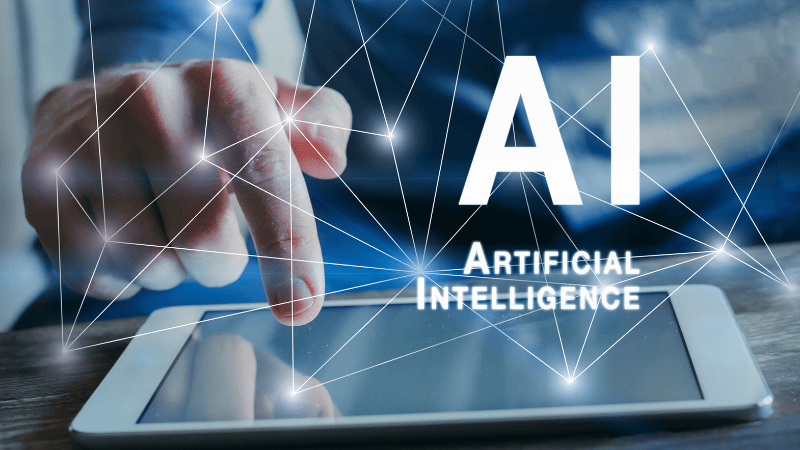Artificial Intelligence has forged ahead with utmost swiftness. May it be Autonomous Cars, Speech Translation, Smartphones to Smart Homes, Medicine and surgery, or Robotics in the manufacturing sector, algorithms have outperformed themselves and redefined the lives of humans in a way nothing else ever could.
However, the unprecedented growth of Artificial Intelligence and Machine learning has also stirred up the same old gloom-ridden apprehension that humanity has witnessed many times in the past with every technological advancement or breakthrough.
So may it be with the machines or with the internet (which, by the way, turned out to be the largest job growth engine the world has ever seen), and in this case, with Artificial Intelligence, the grievance always remains the same, "THE NEW TECHNOLOGY SHALL EAT INTO THE SCARCELY AVAILABLE JOBS AND RENDER US ALL UNEMPLOYED."
However, this apprehension, though understandable, is unsubstantiated. As per studies and research, artificial intelligence will be a very tangible reinforcer of economic development, growth, and employment.
Besides diminishing repetitive and dangerous tasks, artificial intelligence has brought in significant automation in jobs, providing a helping hand to the workers and enabling them to finish work in time, augmenting the efficiency of work, and focusing on intricate value-driven tasks.
While many industries have already employed Artificial Intelligence in their business, most plan to do so shortly.
As per the Future Of Jobs Report of the World Economic Forum, 85 million jobs shall be taken over by machines and Artificial Intelligence by 2025. These statistics may make the reader anxious, but the same report indicates that Artificial Intelligence will generate close to a hundred million new jobs by 2025.
According to PricewaterhouseCoopers' (PWC) Annual Global CEO survey, more than 50% of Chief Executive Officers of various global multinational companies give credence that Artificial Intelligence will have a notably larger impact than the internet in terms of growth and job creation.
An estimated $15.7 trillion, or 26% rise in global GDP, is expected by 2030 because of Artificial Intelligence and allied sectors, as per PWC's Global Artificial Intelligence Study.
Moreover, increased productivity and consumption because of Artificial Intelligence shall add to the GDP growth. Hence, Artificial Intelligence, the life breath of the Fourth Industrial Revolution, may generate more jobs than it automates.
While job opportunities in fields like manual data entry, administrative and executive secretarial work, accounting, bookkeeping, auditing, assembly-line jobs, mechanics and machinery repairs, manual machinery operations, manual stock keeping, customer servicing, medical diagnosis, etc. are bound to decelerate with the coming of Artificial Intelligence and machine learning, there will be a phenomenal spurt in job opportunities in the fields of Data Science and Data Analysis, AI and Deep Learning, Big Data Processing and Analysis, Digital Marketing and Strategy, Process Automation, Business Development, Digital Transformation, IT Security Analysis, Software, and Applications Development, Internet of Things, Healthcare, Automated Transportation and Logistics etc.
Nevertheless, one fear that remains is that the advantages driven by Artificial intelligence may not be apportioned equally in society. But, the combined efforts of the business community and the government can establish the equitable distribution of benefits borne out of AI.
The Governments can join forces with Industry leaders and work towards reskilling and upskilling the workforce by creating effective training models and preparing the workers for an AI-based future. They can also combine their strengths to oust the digital divide and impart digital literacy to the workforce.
Instead of looking at Artificial Intelligence with dismal expectations, it's time we pay heed to all the research and reports that are a result of holistic studies done on the possible impact of AI on the combined future of our global society.
The reports may have raised a few red flags, but the ill effects of AI can be alleviated with reasonable efforts. In other words, the socio-economic influence of Artificial Intelligence shall be positive and shall credibly offset its mitigable consequences.
